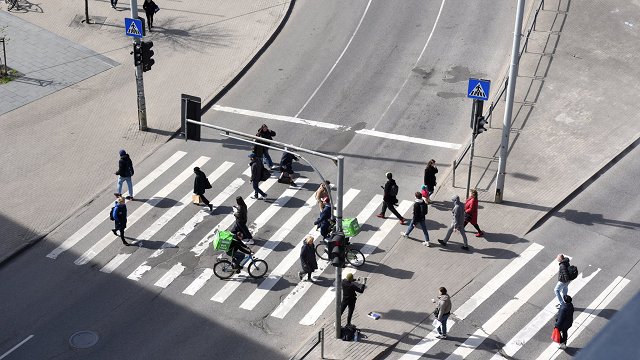By early September, 6,674 disabled unemployed people had registered with the NVA. While nearly 2.6 thousand people with health problems have managed to find work this year, among them many are also long-term unemployed, unable to find work for as long as 3 years. Vineta Leončika, deputy director of the Employment Measures Department, said that the most popular NVA measure in this segment is subsidized jobs for people with disabilities: “An employer can receive funding for both the salary of their employee, the remuneration of their work leader, and the adjustment of their workplace. Also paying for health checks, there is also the service of an interpreter or ergotherapist.
“Of course, there are these stereotypes among employers that people will certainly get ill a lot or there will still be other problems. But right now because of this lack of labor force employers are much more open and maybe breaking these stereotypes that they have about employing such people. ”
Gunta Anča, Chairman of the Board of the Latvian Organisation for the Cooperation of Persons with Special Needs “SUSTENTO”, said that measures for employment of persons with disabilities in Latvia are in place but they are not fully thought out. She said finding a job is easier when there is a 'lighter' disability and better education, but the goodwill of the employer still prevails.
“For example, the service offered by the State Employment Agency - the subsidized workplace - can last no more than two years and, if the person has been able to work less for two years, slower not because they are ill or lazy, but because of disability, then, in fact, nothing will have changed after those two years. That is why we need to talk more and more about how we can support employers so that they do not have to lose their income by hiring a disabled person,” said Gunta Anča.




























